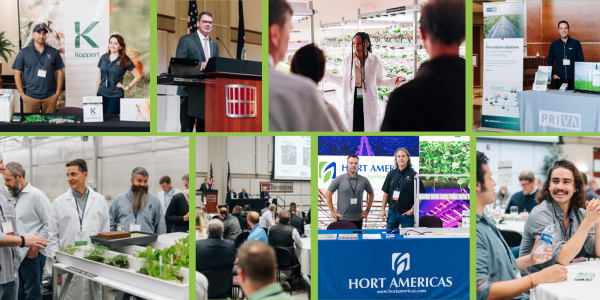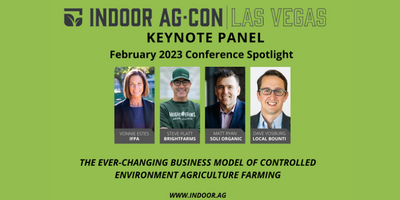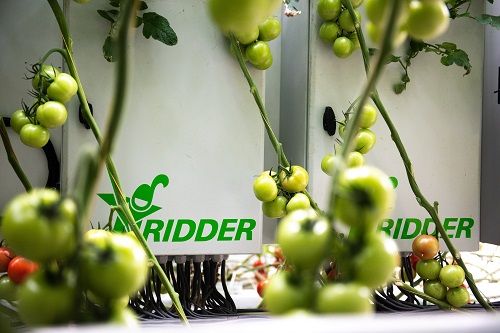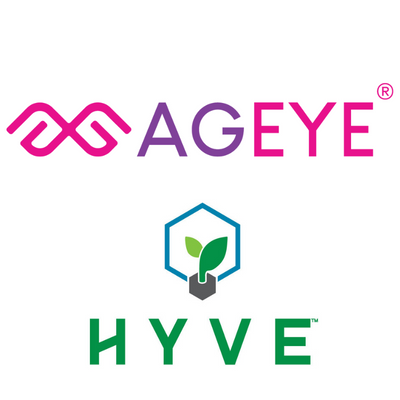Controlled Environment Agriculture Summit East Conference Announces Graduate Student Poster Competition
10 Finalists Will Be Invited To Present Posters At September 19-20, 2023, Edition at IALR Conference Center In Danville, Virginia
DANVILLE, VA (June 29, 2023) — The Controlled Environment Agriculture (CEA) Summit East Conference will host a graduate student poster competition during its 2nd annual edition, September 19-20, 2023, at the Institute for Advanced Learning & Research (IALR) Conference Center in Danville, Virginia. Co-hosted by Indoor Ag-Con, the largest gathering of the vertical farming | CEA sector, and the Virginia Tech-IALR Controlled Environment Agriculture Innovation Center, a joint project between IALR and Virginia Tech’s School of Plant and Environmental Sciences and the Virginia Seafood Agricultural Research and Extension Center, CEA Summit East offers an ideal platform for aspiring graduate students to showcase their research in the field of CEA-related research.
By encouraging students to showcase their work through poster presentations, the competition seeks to foster collaboration opportunities between individuals in academia and private industry, while also connecting commercial companies with qualified candidates.
“We are proud to co-host the graduate student poster competition at the CEA Summit East Conference,” said Brian Sullivan, CEO, Indoor Ag-Con. “This competition not only provides a great platform for students to share their research, but also enables commercial companies to discover talented individuals who can contribute to the future growth and innovation of the CEA sector.”
The Virginia Tech-IALR Controlled Environment Agriculture Innovation Center is dedicated to advancing research and development in CEA. The center’s Co-Director and IALR Vice President, Scott Lowman, Ph.D., adds, “The graduate student poster competition is one more way we’re bridging the gap between academia and industry, promoting knowledge exchange, and opening doors to new collaboration in the CEA field.”
Graduate students interested in participating in the competition are invited to learn more and submit abstracts detailing their research by August 9, 2023, via www.ceasummit.com/#poster-competition. A panel of experts will review the abstracts and select ten finalists to present their work through poster presentations at the conference. Selected candidates will receive a complimentary full access graduate student conference pass ($395 value) to attend the conference/competition. Judging will be held during the event and the winner will be announced at the day two keynote breakfast session on September 20, 2023.
Following its successful debut edition in October 2022, which brought together more than 200 attendees from 28 states, CEA Summit East 2023 will continue to foster connections and collaboration among growers, educators, scientists, extension specialists, suppliers, engineers, tech specialists, architect/developers and other industry members. Throughout the two-day event attendees will have the opportunity to explore the latest innovations from tabletop exhibitors, enjoy networking opportunities, and attend a full roster of keynote, panel presentations and research/industry showcases.
For more information about the graduate student poster competition and the September 19-20, 2023, edition of CEA Summit East, visit the conference website at www.ceasummit.com
ABOUT INDOOR AG-CON
Indoor Ag-Con is the premier global event series focused on the future of indoor farming. Since 2013, the trade show and conference, the industry’s largest, has been at the forefront of the rapidly expanding vertical farming and controlled environment agriculture sector, providing a platform for industry leaders, innovators, and researchers to connect, share knowledge, and drive the industry forward. More information – www.indoor.ag
ABOUT THE VIRGINIA TECH-IALR CONTROLLED ENVIRONMENT AGRICULTURE INNOVATION CENTER
The Virginia Tech-IALR Controlled Environment Agriculture Innovation Center is a joint project between IALR and Virginia Tech’s School of Plant and Environmental Sciences and the Virginia Seafood Agricultural Research and Extension Center. By developing strategic partnerships with both industry and academia, the goal of the Innovation Center is to conduct research and educational programming to develop, promote and advance the CEA sector in the U.S. and internationally. More information: www.ialr.org/cea
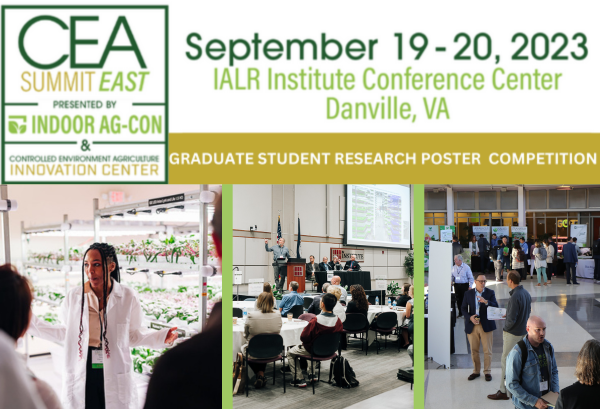
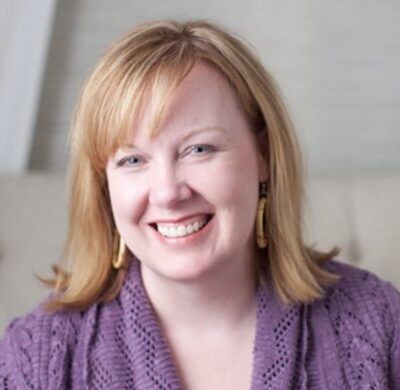
 Harnessing the power of existing genetics and strategic collaborations,
Harnessing the power of existing genetics and strategic collaborations, 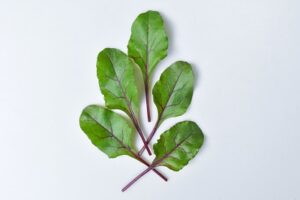 Tell us about the main goals and objectives of Sakata Seed’s CEA division? How does it support the needs and demands of greenhouse grower, vertical farm operators and other indoor growers in the sector?
Tell us about the main goals and objectives of Sakata Seed’s CEA division? How does it support the needs and demands of greenhouse grower, vertical farm operators and other indoor growers in the sector?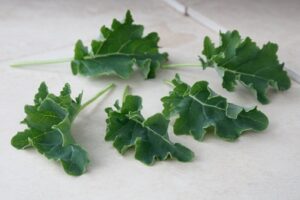 Could you provide a couple of examples of Sakata Seed’s varieties that have shown exceptional performance in indoor growing environments, and what attributes make them well-suited for CEA?
Could you provide a couple of examples of Sakata Seed’s varieties that have shown exceptional performance in indoor growing environments, and what attributes make them well-suited for CEA?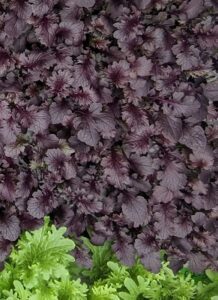 Share some insights into the unique challenges and opportunities that CEA presents for seed development and production, compared to traditional outdoor farming?
Share some insights into the unique challenges and opportunities that CEA presents for seed development and production, compared to traditional outdoor farming?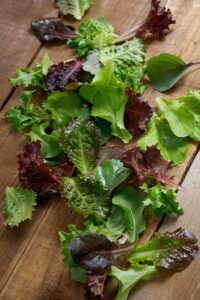 How do you identify and prioritize the traits and characteristics that are more important for indoor growers — are you able to collaborate with growers to gather feedback and insights?
How do you identify and prioritize the traits and characteristics that are more important for indoor growers — are you able to collaborate with growers to gather feedback and insights?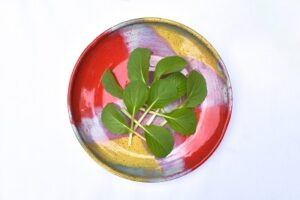 Can you highlight any recent advancements or innovations in seed development within your CEA division? What varieties or technologies can growers anticipate from Sakata Seed in the near future.
Can you highlight any recent advancements or innovations in seed development within your CEA division? What varieties or technologies can growers anticipate from Sakata Seed in the near future.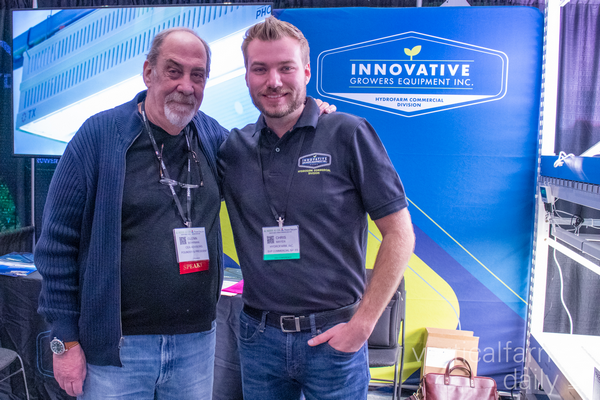
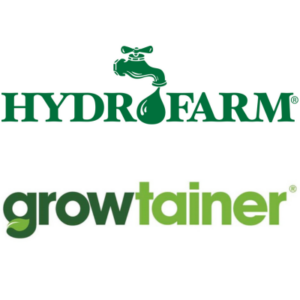 Hydrofarm Holdings Group, Inc.
Hydrofarm Holdings Group, Inc.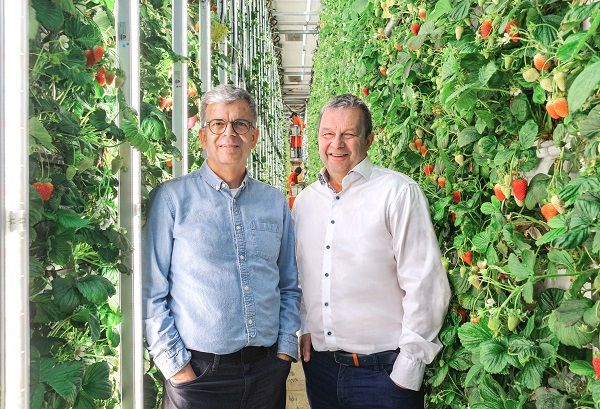
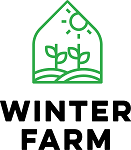
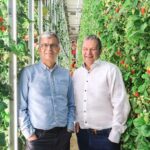
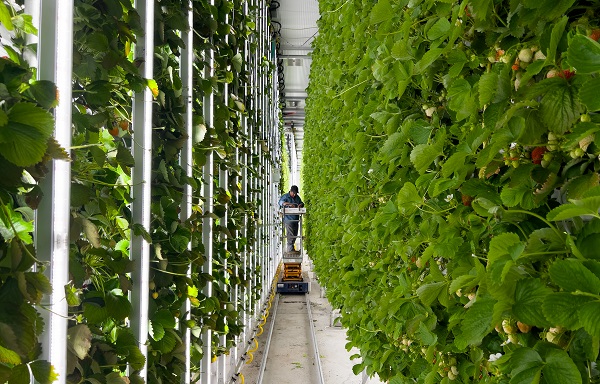 One of Winter Farm’s goals is to help growers replace 10% of Canada’s strawberry imports. Can you speak to some of the environmental and economic benefits that could come from achieving this goal, and how Winter Farm is working to make it a reality?
One of Winter Farm’s goals is to help growers replace 10% of Canada’s strawberry imports. Can you speak to some of the environmental and economic benefits that could come from achieving this goal, and how Winter Farm is working to make it a reality?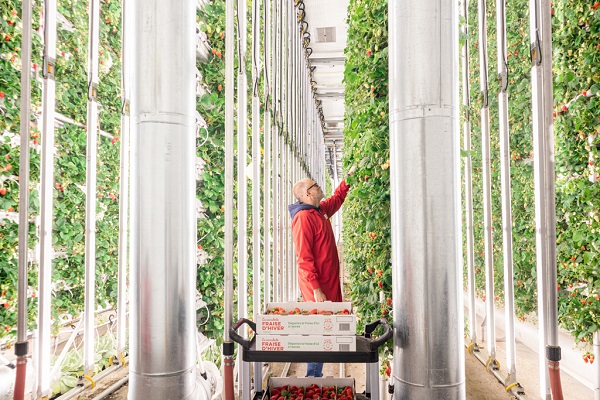
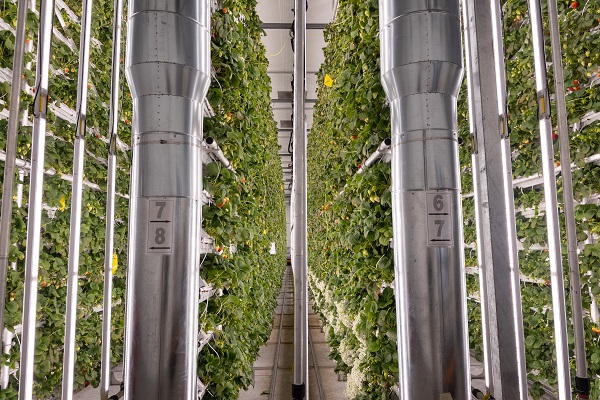 What do you see as the biggest opportunities for the CEA industry as a whole in years to come, and how is Winter Farm working to seize them?
What do you see as the biggest opportunities for the CEA industry as a whole in years to come, and how is Winter Farm working to seize them?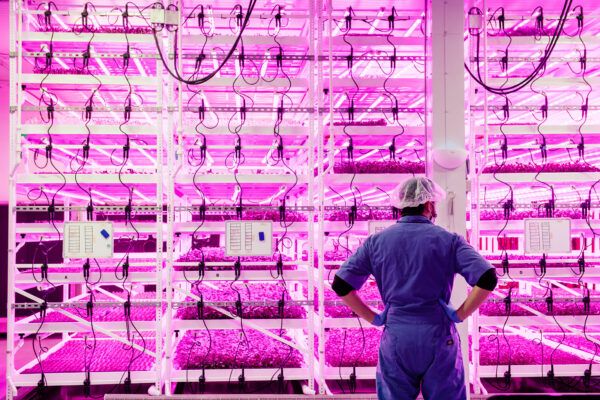
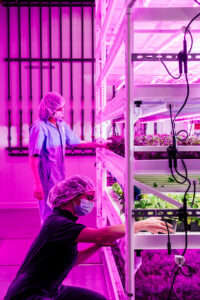
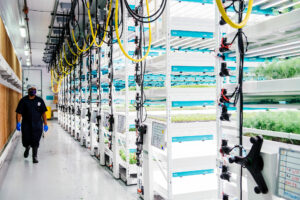
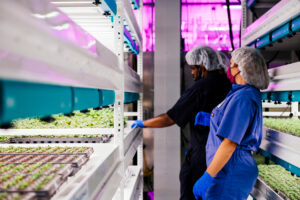
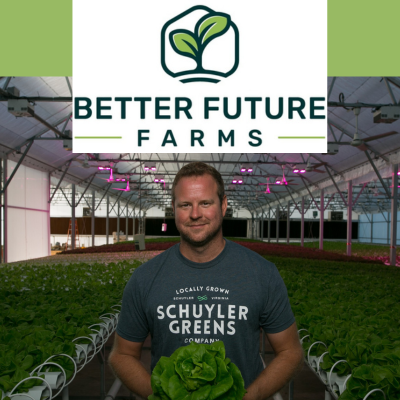
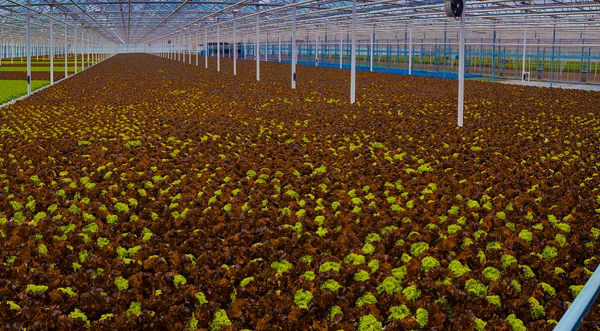 The decision was driven by both the site and infrastructure. My business partner David Drescher and I both live in the Charlottesville area, and Louisa County is the next county over. In central Virginia it’s hard to find the flat terrain needed for a greenhouse facility. This site had that and the right infrastructure in place in terms of electrical capabilities, natural gas, and proximity to large freeways and distribution logistics.
The decision was driven by both the site and infrastructure. My business partner David Drescher and I both live in the Charlottesville area, and Louisa County is the next county over. In central Virginia it’s hard to find the flat terrain needed for a greenhouse facility. This site had that and the right infrastructure in place in terms of electrical capabilities, natural gas, and proximity to large freeways and distribution logistics.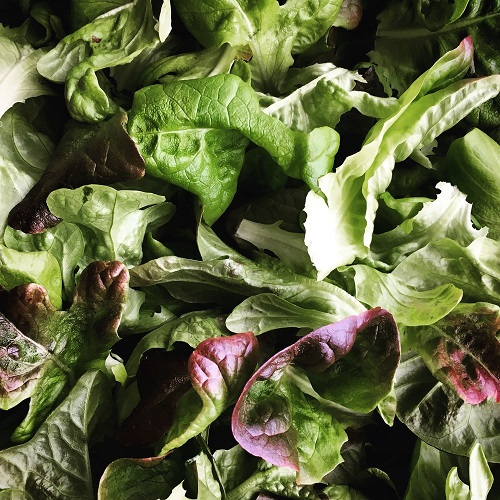 Taylor Farms is one of the largest salad and fresh cut vegetable processors in the world and all our lettuce will be marketed under Taylor Farms’ Earthbound Farms brand. David and I have both been at this for a long time and we know what it takes to build a brand. So, we wanted to team up with an existing brand rather than build a new one from scratch. We talked to several companies and when we met with Taylor Farms, our objectives, philosophies, and values all aligned.
Taylor Farms is one of the largest salad and fresh cut vegetable processors in the world and all our lettuce will be marketed under Taylor Farms’ Earthbound Farms brand. David and I have both been at this for a long time and we know what it takes to build a brand. So, we wanted to team up with an existing brand rather than build a new one from scratch. We talked to several companies and when we met with Taylor Farms, our objectives, philosophies, and values all aligned.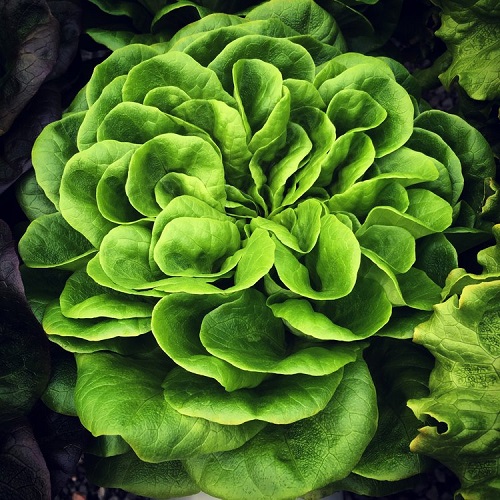 Generate Capital is a leading ESG public benefit corporation focused heavily on building and financing solutions for clean energy, water, waste, agriculture and more. They’d been looking at the CEA sector for some time. While we are their first investment here, I expect they will be very active in this space, and not just with us.
Generate Capital is a leading ESG public benefit corporation focused heavily on building and financing solutions for clean energy, water, waste, agriculture and more. They’d been looking at the CEA sector for some time. While we are their first investment here, I expect they will be very active in this space, and not just with us.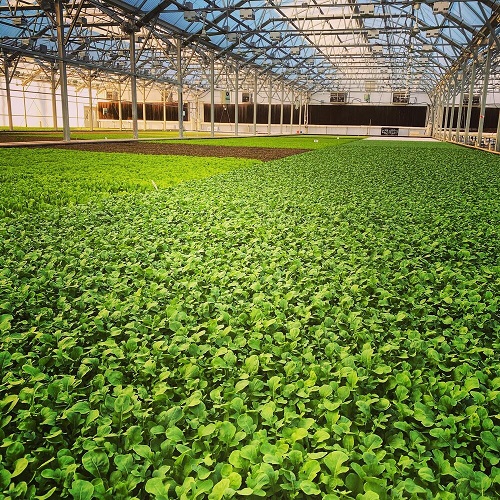 I wouldn’t be doing this new project without the knowledge and experience I gained from launching and building Schuyler Greens. I’ve owned Schuyler Greens for more than 9 years now and it encompasses 225 acres outside of Charlottesville with a greenhouse in the middle. I will be keeping Schuyler Greens separate from Better Future Farms.
I wouldn’t be doing this new project without the knowledge and experience I gained from launching and building Schuyler Greens. I’ve owned Schuyler Greens for more than 9 years now and it encompasses 225 acres outside of Charlottesville with a greenhouse in the middle. I will be keeping Schuyler Greens separate from Better Future Farms.